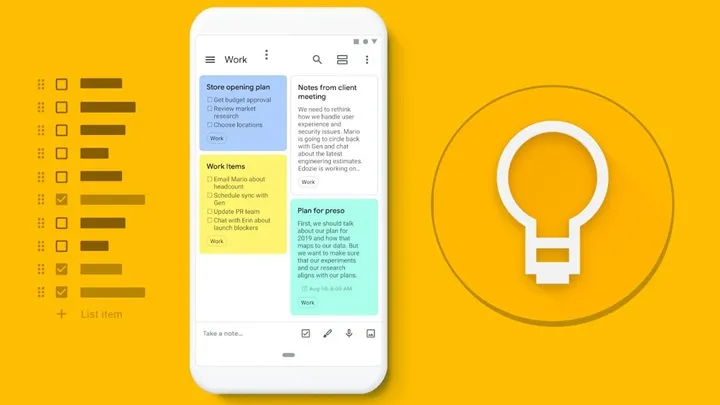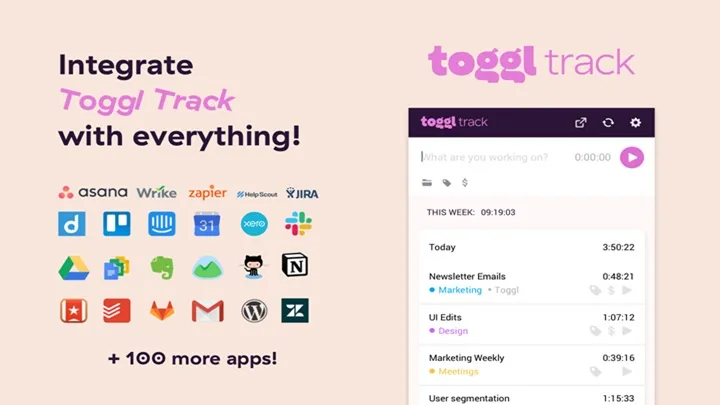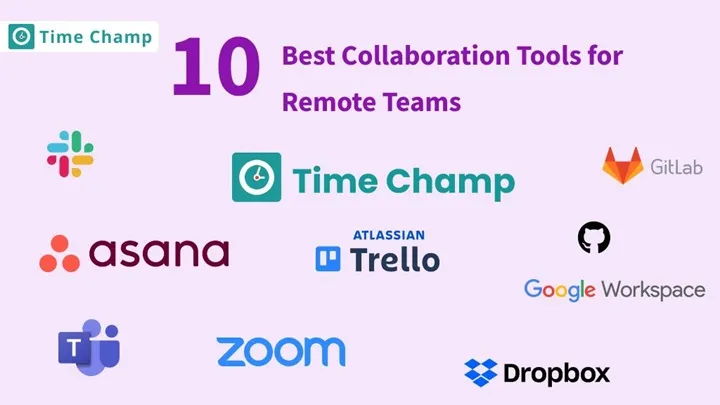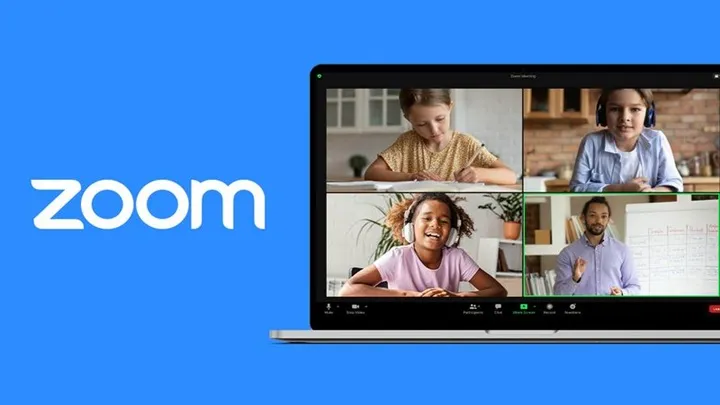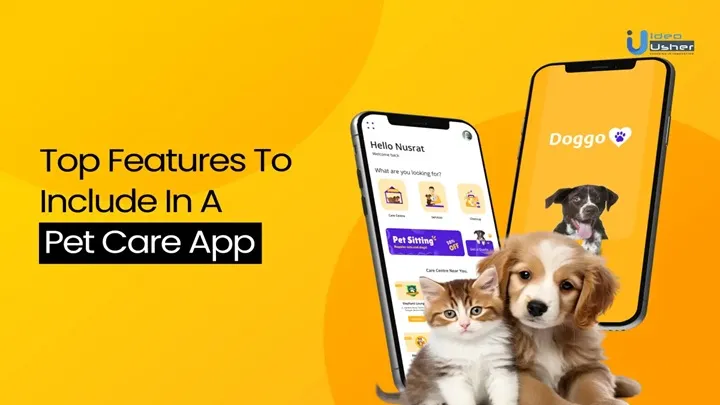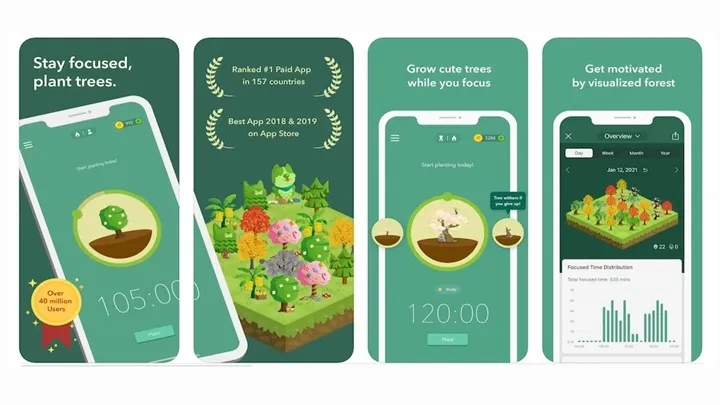In today’s fast-paced digital era, children are growing up surrounded by technology. While some parents worry about excessive screen time, the truth is that not all digital interactions are harmful. When used wisely, technology can be a powerful tool for education. With the rise of interactive learning apps for kids, education has transformed into something far more engaging, playful, and effective than traditional rote methods.
These apps don’t just deliver lessons; they gamify the learning process, turning subjects like math, reading, science, and even coding into exciting challenges that kids actually look forward to. Parents now have countless options at their fingertips to help kids develop essential skills while having fun.
In this article, we’ll explore 5 fun and interactive apps that make learning exciting for kids, how they work, what makes them effective, and why they’re worth adding to your child’s digital toolkit.
1. Duolingo ABC – Learning to Read Made Fun
What It Offers
Duolingo is famous for making language learning engaging for adults, but did you know they created Duolingo ABC, designed especially for kids learning to read? This app introduces children to the alphabet, phonics, and simple words through short, gamified lessons that feel more like puzzles than study sessions.
Why Kids Love It
- Bright, colorful visuals that capture attention.
- Rewards and stars for progress, encouraging motivation.
- Bite-sized lessons that prevent boredom.
Why Parents Approve
Parents appreciate that Duolingo ABC is completely free, safe, and ad-free, ensuring a distraction-free environment for their kids. It’s also structured progressively, so children can build literacy step by step.
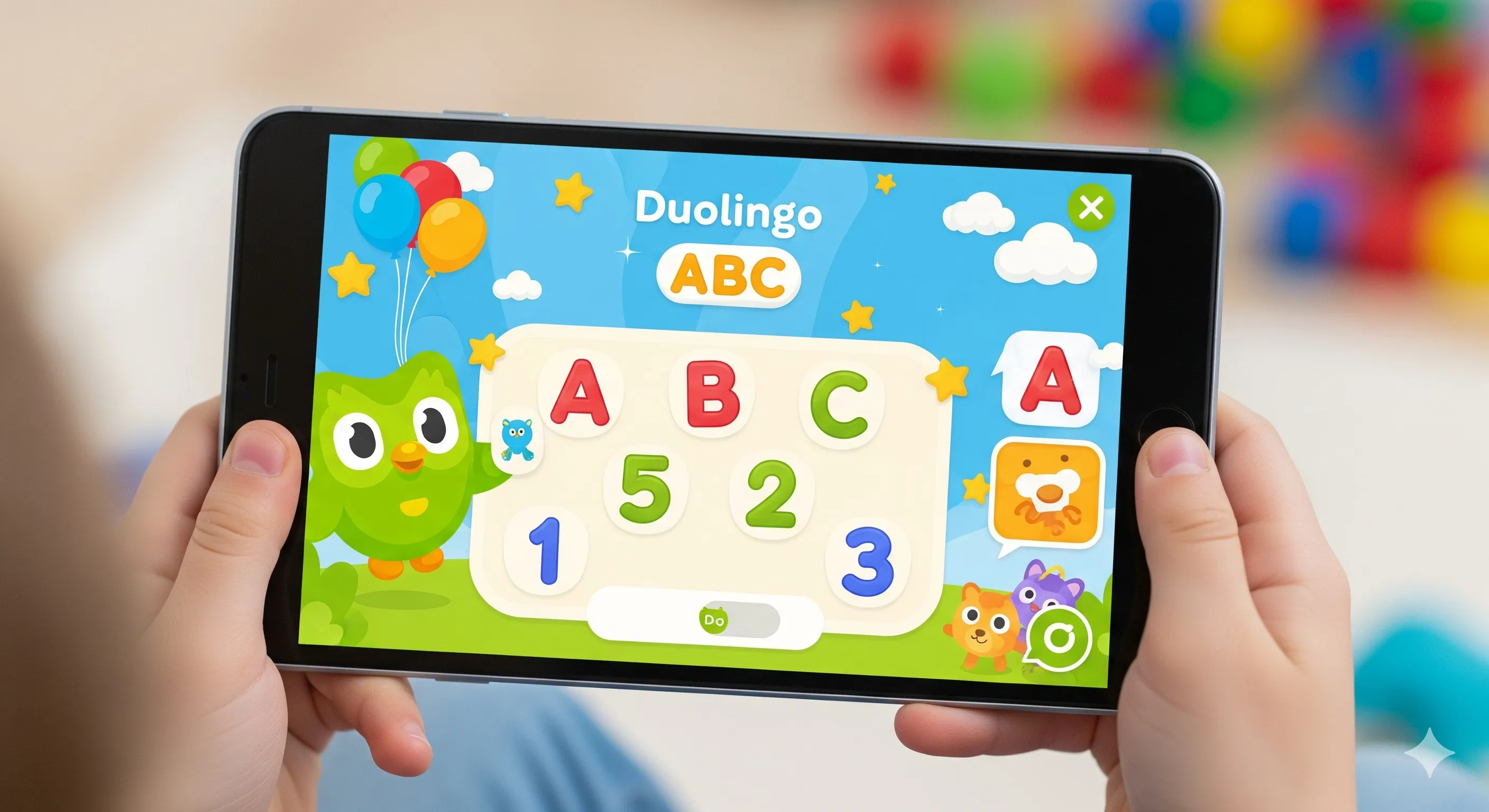
2. Khan Academy Kids – All-in-One Learning Playground
What It Offers
Khan Academy Kids is an all-in-one educational app that covers multiple subjects: reading, writing, math, problem-solving, and even emotional well-being. Designed for ages 2–7, it uses games, animated lessons, and interactive exercises to engage children.
Why Kids Love It
- Fun characters like Kodi the Bear make learning feel like playtime.
- Activities include songs, coloring, and storytelling.
- Adaptive learning tailors the difficulty level to the child’s ability.
Why Parents Approve
It’s completely free, with no hidden costs. Parents also love the progress tracking feature, allowing them to see how their child is improving in each subject.
3. Prodigy Math Game – Turning Math Into an Adventure
What It Offers
For many kids, math feels intimidating—but Prodigy Math Game changes that by turning math problems into a role-playing adventure. Kids create characters, go on quests, and battle monsters, but the only way to succeed is to solve math questions correctly.
Why Kids Love It
- Feels like playing a video game rather than studying.
- Exciting storylines and character customization.
- Rewards, treasures, and progress unlocks encourage consistent play.
Why Parents Approve
Prodigy aligns with school curriculums, making it a useful supplement to classroom learning. Parents also appreciate how the app adapts to each child’s skill level, ensuring that challenges are neither too easy nor too overwhelming.
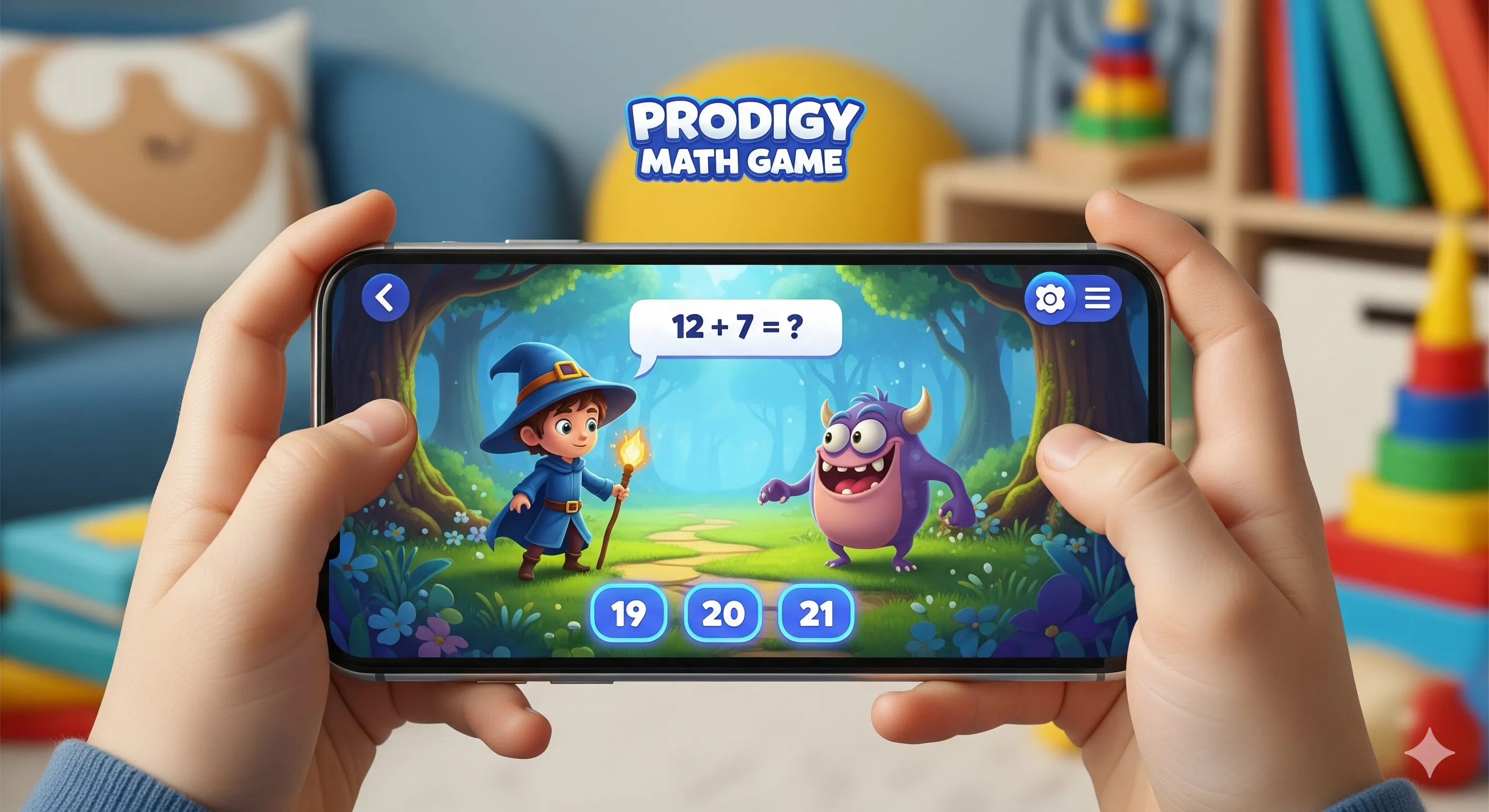
4. ABCmouse – A Complete Early Learning Program
What It Offers
ABCmouse is one of the most popular educational apps for kids ages 2–8. It offers a comprehensive curriculum covering reading, math, science, art, and music. With over 10,000 interactive activities, children can learn at their own pace.
Why Kids Love It
- A virtual classroom environment that feels immersive.
- Puzzles, games, songs, and art projects keep lessons engaging.
- A reward system with tickets and virtual prizes.
Why Parents Approve
Parents see ABCmouse as a reliable, structured program that builds a strong academic foundation. It’s also highly customizable, allowing children to progress through subjects that match their learning level.
5. Toca Life World – Creative Learning Through Play
What It Offers
Not all learning comes from textbooks—Toca Life World focuses on creativity, storytelling, and imagination. Kids can build their own virtual worlds, create characters, and play out scenarios that foster social and problem-solving skills.
Why Kids Love It
- Total freedom to design and explore worlds.
- Fun, quirky characters that spark creativity.
- Feels like open-ended play rather than structured lessons.
Why Parents Approve
Toca Life World encourages imagination, roleplay, and critical thinking, all vital for holistic development. Parents like that it’s safe, kid-friendly, and provides an outlet for creative exploration.
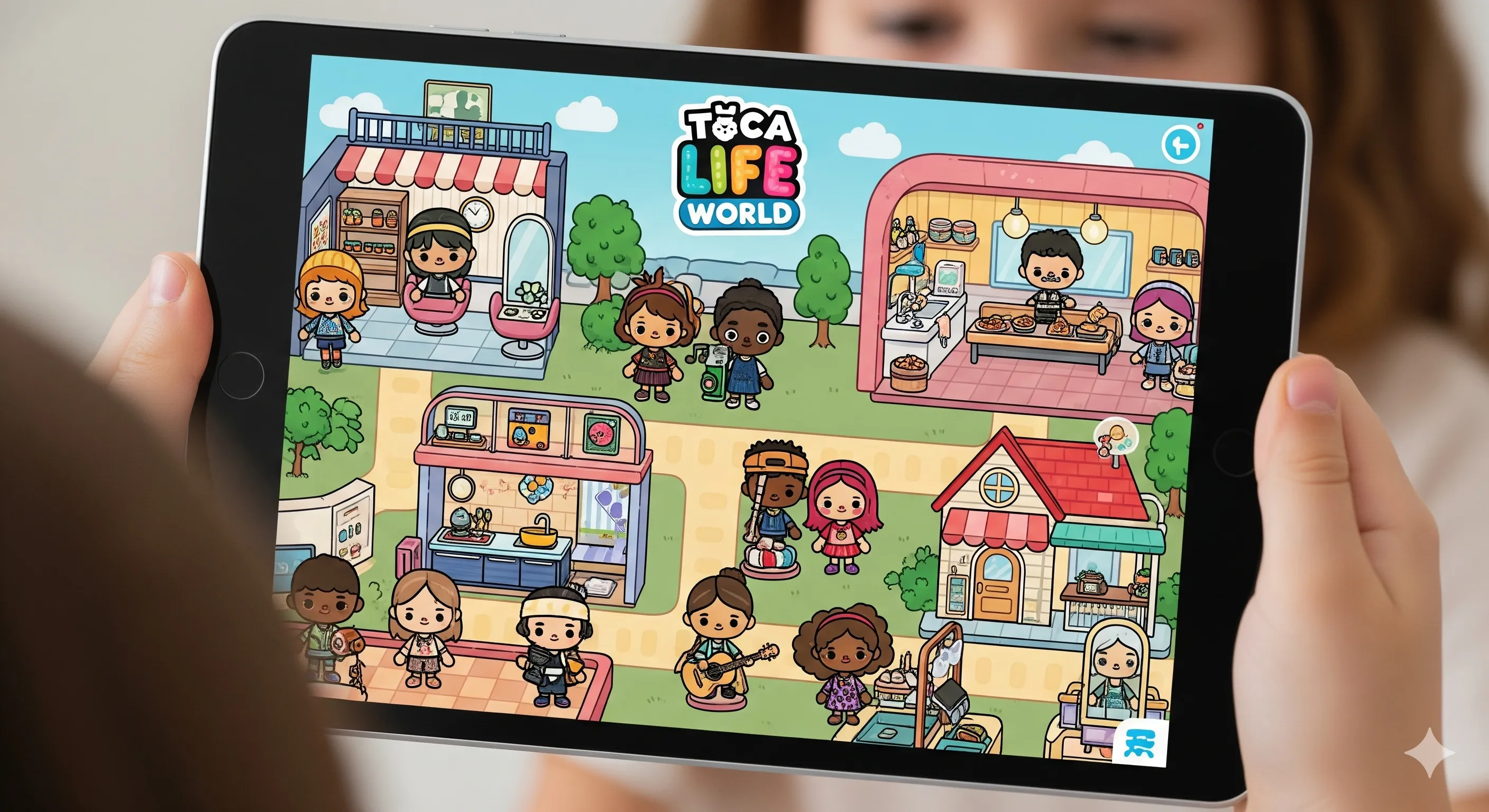
Why Interactive Learning Apps Work
Learning apps succeed because they combine education with entertainment, a method often referred to as “edutainment.” Studies show that kids learn better when:
- They’re actively engaged rather than passively listening.
- They receive instant feedback and rewards.
- They can repeat lessons without feeling judged.
Apps also allow personalized learning, letting each child progress at their own speed, which isn’t always possible in traditional classrooms.
Tips for Parents to Maximize Learning with Apps
- Balance Screen Time – Apps should complement, not replace, offline activities. Combine them with reading books, outdoor play, and hands-on learning.
- Stay Involved – Use apps together with your child, at least in the beginning. This strengthens learning and encourages bonding.
- Choose Age-Appropriate Apps – Make sure the app matches your child’s developmental stage.
- Encourage Curiosity – Ask questions after app sessions to reinforce learning.
- Set Goals and Rewards – Celebrate achievements to keep kids motivated.
The Future of Learning Through Apps
With advancements in AI and gamification, educational apps will only become more powerful. Imagine an app that uses augmented reality (AR) to teach kids about the solar system by letting them “walk among planets,” or apps that adjust difficulty levels instantly using AI to match a child’s learning style.
These innovations will continue making education more accessible, engaging, and personalized. Parents who embrace these tools now are preparing their children for a future where digital literacy and adaptability will be essential.
Conclusion
Learning doesn’t have to be boring. With the right apps, kids can laugh, play, and explore while mastering essential skills for school and life. From Duolingo ABC for literacy to Prodigy Math Game for turning numbers into adventures, and Toca Life World for creativity, these apps prove that technology can be an ally in raising curious, confident, and capable kids.
By blending fun with education, these 5 interactive apps ensure that kids see learning not as a chore but as an exciting journey. For parents, that’s the ultimate win.








